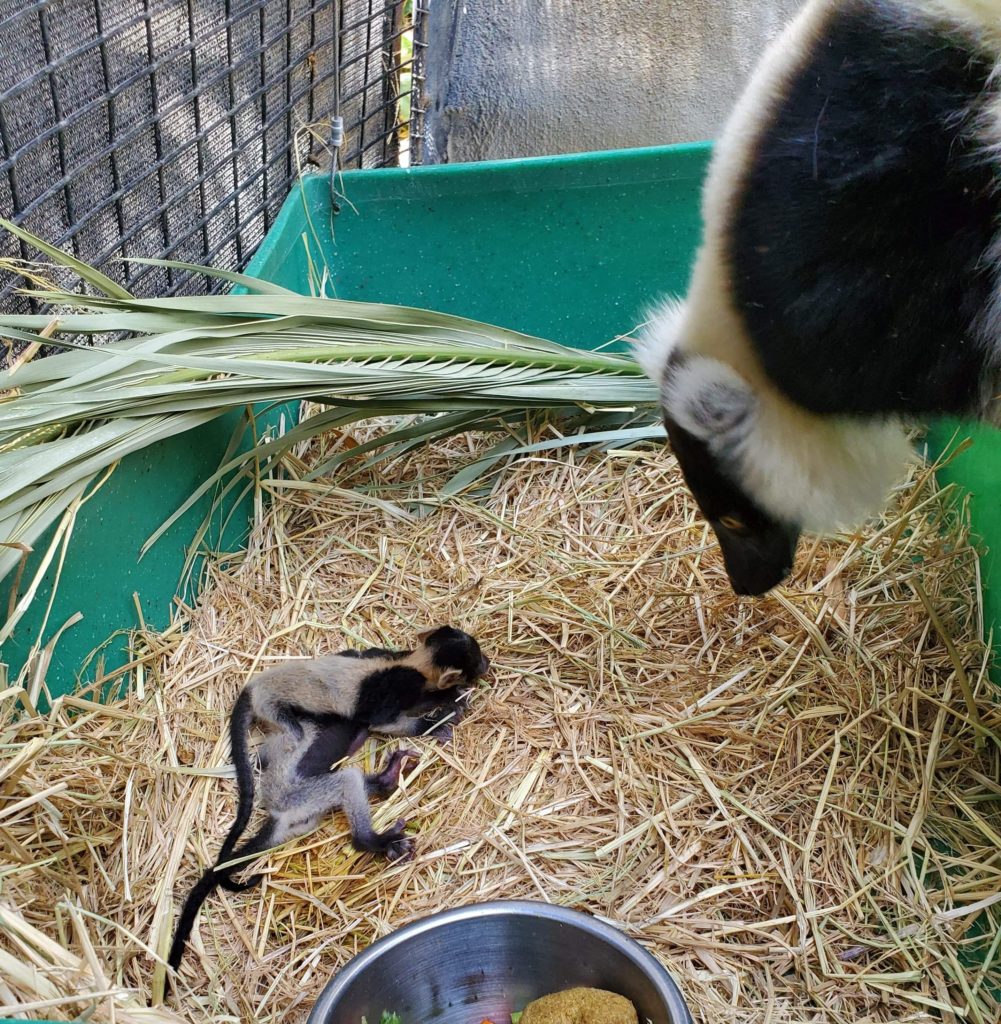The theater and rides at San Jose’s Happy Hollow Park & Zoo might be closed, but that didn’t dampen 4-year-old Zayden’s enthusiasm for his first time at the zoo.
“I’m so excited!” said Zayden as he made his way from the ticket booth to the exhibits.
Happy Hollow is owned and operated by San Jose’s Parks, Recreation and Neighborhood Services Department, and supports the department through revenue generated from tickets, memberships, food and beverage services, parking and more.
But as COVID-19 shuttered the popular San Jose attraction for most of the past year and several months this year when cases spiked, officials are exploring new ways to patch up an expected budget shortfall. Happy Hollow is now open with timed reservations Tuesday through Sunday, where visitors can walk through the zoo via a one-way path.
While city officials could not say exactly how much money the zoo has lost—they’re still calculating it—the most recent budget documents show a $525,000 reduction in the parks budget with part of that attributed to Happy Hollow.
The documents also show a loss of $70,000 from special events, face paintings and celebrations.
“There will be a loss compared to previous years, but the total impacts won’t be determined until the end of the 2021-2022 fiscal year,” said Charlotte Graham, a spokesperson for the parks department.

During the pandemic, Happy Hollow has been supported by the city’s parks department and donations, and is not at risk of closing, said Caitlin O’Hara, a spokesperson for the zoo.
“One thing that has helped support our operations is the Happy Hollow annual membership program,” O’Hara said. “We are also grateful to be supported by our nonprofit partner, Happy Hollow Foundation.”
The park is also looking for new ways to lure people back—including the introduction of two new lemurs born on April 16.

The twins were born to Vintana, a 7-year-old female, and Nify, a 19-year-old male, who now have a total of four offspring since 2018.
Black and white ruffed lemurs are found only in Madagascar. They’re listed as critically endangered due to habitat loss and the demand for them in the illegal exotic pet industry.
“Though their antics can be amusing, it’s important to remember that our zoo animals are not here for entertainment purposes,” said Happy Hollow Zoo Manager Kevin Hertell. “Very few people will actually take their families to visit Madagascar, but when they see our lemurs up close—it makes them much more likely to want to protect their wild counterparts and habitats.”
Later this month, the public will have a chance to help name the lemur pups through a contest.
Happy Hollow officials are also grappling with how to convince patrons the facility is safe.
O’Hara said workers shielded animals from disease during the pandemic through quarantine requirements for new animals, footbaths before entering exhibits and daily health checks.
“As pandemic restrictions are lifted, the department expects Happy Hollow to return to more ‘normal’ operations in the long-term,” said Graham, adding that the parks department expects funds to be fully restored in the 2022-2023 fiscal year.
But the new reservation system brought silver linings for visitors, including short lines and not having to crowd around exhibits to get a glimpse of the animals.
“Attendance has been consistently strong since our February reopening, often reaching capacity within many reservation time slots in a given day,” O’Hara said.
With many public attractions being closed the past year, Zayden’s mother, Rebeca Silva, found joy in giving her son a new experience and seeing his excitement as he marveled at the animals, such as Sophie the Jaguar.
“We’re happy we can take him here,” she said.
Contact Patricia Wei at [email protected].



Leave a Reply
You must be logged in to post a comment.